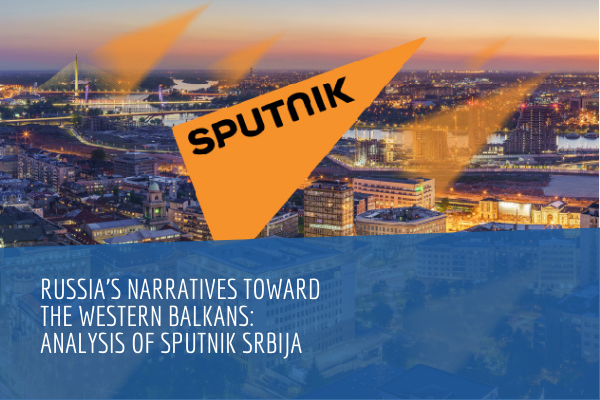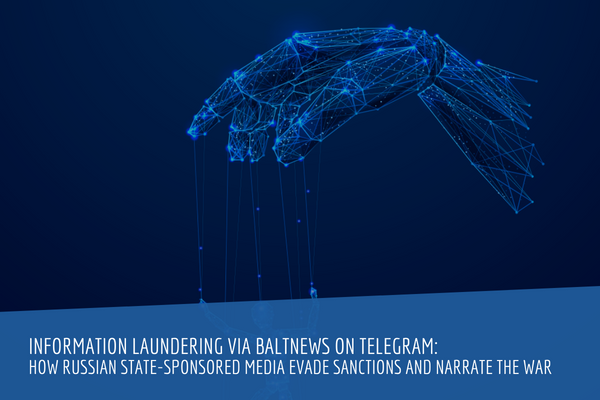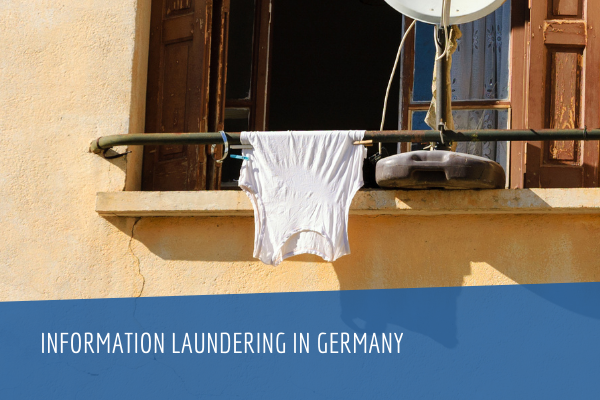This report is based on analysis of a yearlong monitoring process that lasted from 1 January to 31 December 2018. The focus was on Sputnik online platform https://rslat.sputniknews.com that has presented information in the Serbian language since 2015 (hereafter referred to as Sputnik Srbija). The report seeks to identify the primary narratives that are advanced by the media outlet about six WB countries – Albania, Bosnia and Herzegovina (BiH), Kosovo, Montenegro, North Macedonia and Serbia, as well as the European Union (EU) and the North Atlantic Treaty Organisation (NATO).
Why Sputnik Srbija?
The Russian state-owned media group Rossiya Segodnya launched its online news website, Sputnik, in November 2014. Since that time, the brand has expanded, and today it offers news reports in more than 30 languages woldwide. For the past four years, the Belgrade-based newsroom has provided Serbian language content in Cyrillic and Latin alphabets, thus having the potential for reaching a broad audience across the Western Balkans. It is the most popular Russian state-sponsored media outlet in the region, and the content features a range of local and regional media outlets. Others are free to republish news from Sputnik, and the content is appealing to audiences and, thus, to editors. Due to language similarities between the Bosnian, Croatian, Montenegrin and Serbian languages (often called BCMS), its online news and radio shows can be consumed in Serbia, Montenegro, BiH, Croatia and the Serbian-speaking population of Kosovo.
Although Sputnik Srbija has been acknowledged by local fact checkers as the leader among foreign-owned media outlets in the region in terms of disseminating political disinformation,1 this report is limited to identification and analysis of existent narratives. The report does not fact check the content that has been examined. This decision was made so as to narrow the scope of the report and to highlight preliminary insights into the types of messages which Sputnik Srbija projects.
Methodology
A mixed method approach was used when examining the content of Sputnik Srbija. A systematic sampling method was used to select articles which relates to the eight monitoring subjects – the six WB countries, the EU and NATO. The International Republican Institute’s (IRI) media monitoring tool >versus<2 was used for data collection, filtering and clean-up in terms of articles published by Sputnik Srbija as related to the eight aforementioned subjects. Predefined search words in Serbian were used as follows for each subject area:
- The search word for Albania: Albanija
- The search word for BiH: BIH, Bosna, Bosna i Hercegovina
- The search word for Kosovo: Kosovo, KiM
- The search word for Montenegro: Crna Gora
- The search word for North Macedonia: Makedonija
- The search words for Serbia: Srbija
- The search word for the EU: EU
- The search word for NATO: NATO






